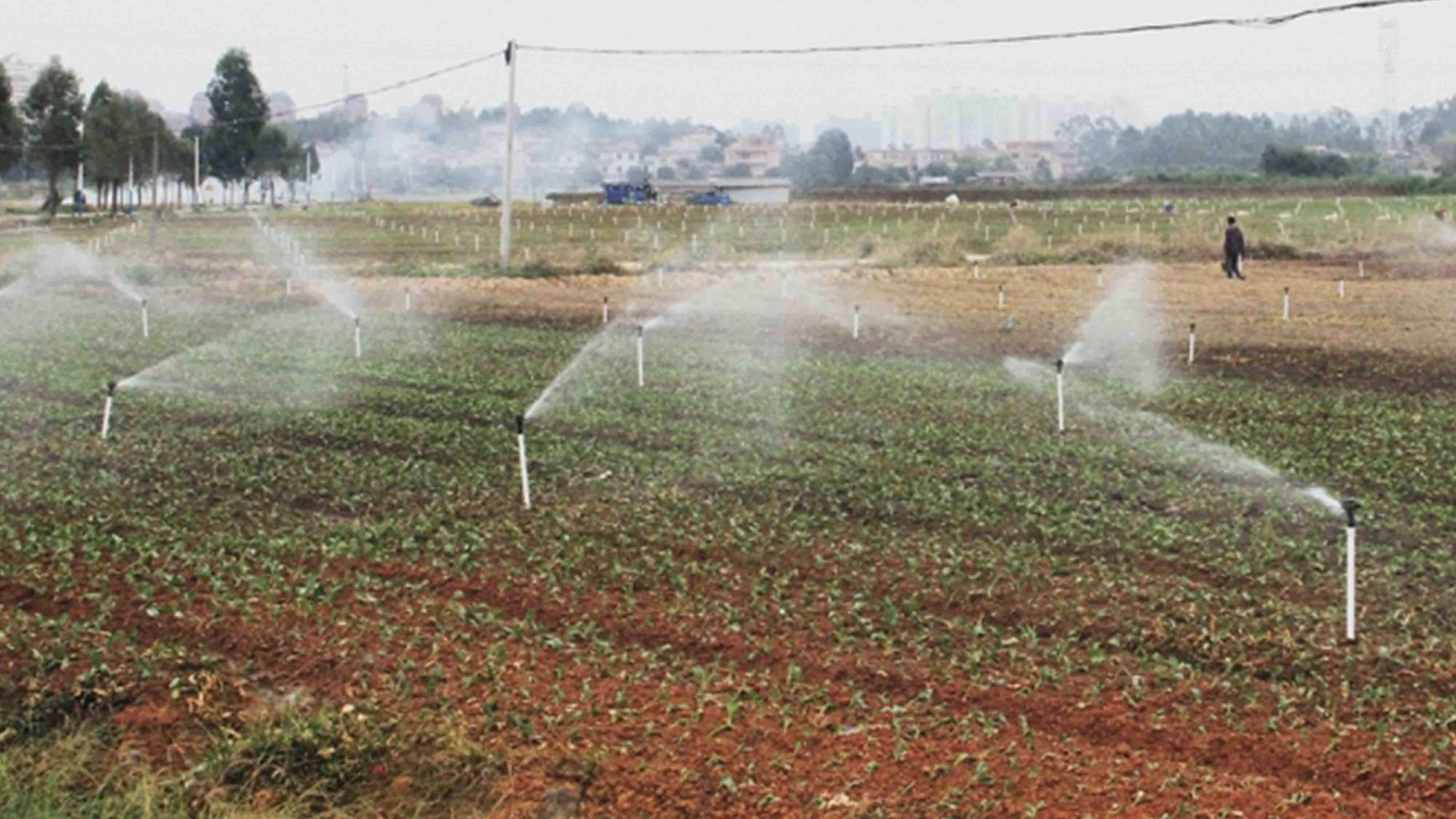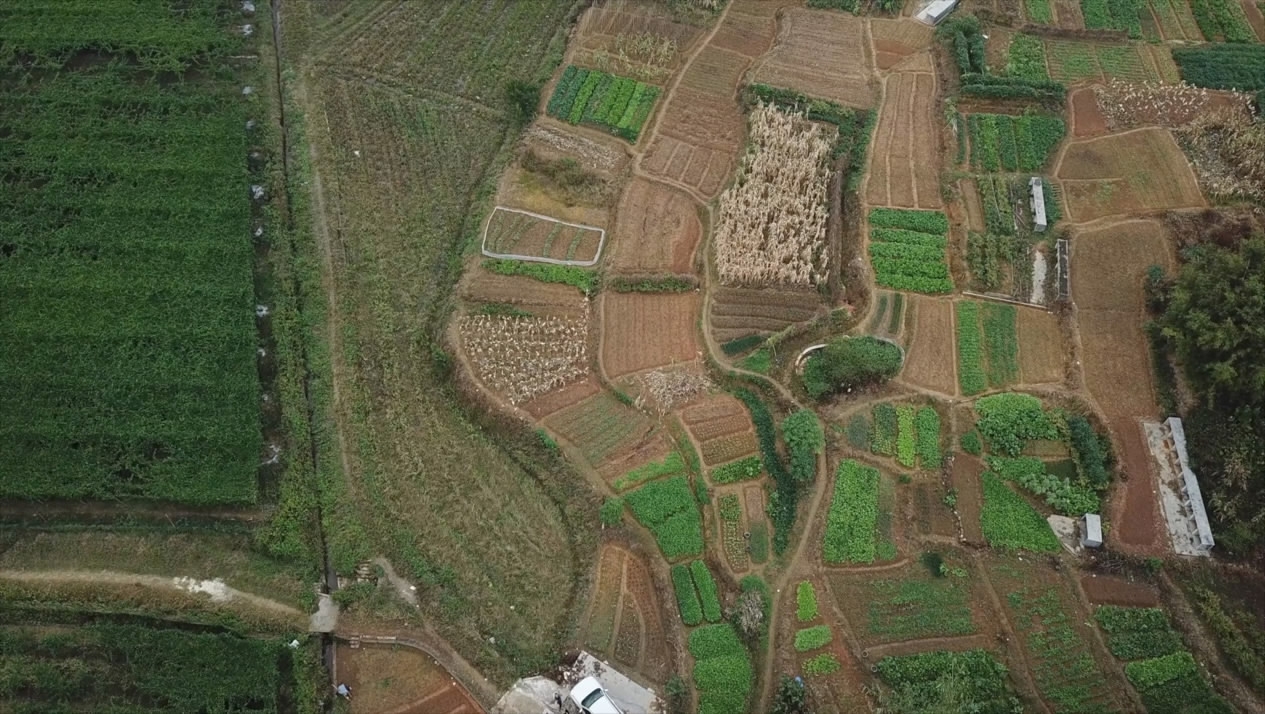
China
16:05, 15-Nov-2017
Improved medical services aid poor village in S. China’s Qingyuan
CGTN's He Weiwei

Qingyuan city is only two hours' drive from the mega-city of Guangzhou yet it ranks in the top three cities with the most impoverished villages in Guangdong province, southern China.
The city’s Nanpu village has over a hundred people whose average individual income per year is less than three thousand yuan. But the situation has improved greatly since villagers began to grow passionfruit and sweet potatoes.
Their income has doubled or even tripled, and many have been lifted out of poverty. In the next spring, large sections of land will be planted with traditional Chinese herbs, aiming to bring local people more income annually.

A bird’s eye view of Nanpu village, Guangdong province. /CGTN Photo
A bird’s eye view of Nanpu village, Guangdong province. /CGTN Photo
The idea of growing Chinese herbs came from Guangzhou University of Chinese Medicine.
In April 2016, the university and its affiliated hospital began to regularly send doctors to the village on weekends, to provide free medical care and surgery for local people.
They even arranged a working group to live in this village and help the locals. The university also has agreed to invest 300 million yuan in building a new hospital in the county, which is an unprecedented medical investment here.
In Nanpu village, half of the poor households fell into poverty due to sickness or physical disability. They didn’t have money for or access to better medical care, therefore, lost their jobs or are unable to do farming.

SITEMAP
Copyright © 2018 CGTN. Beijing ICP prepared NO.16065310-3
Copyright © 2018 CGTN. Beijing ICP prepared NO.16065310-3